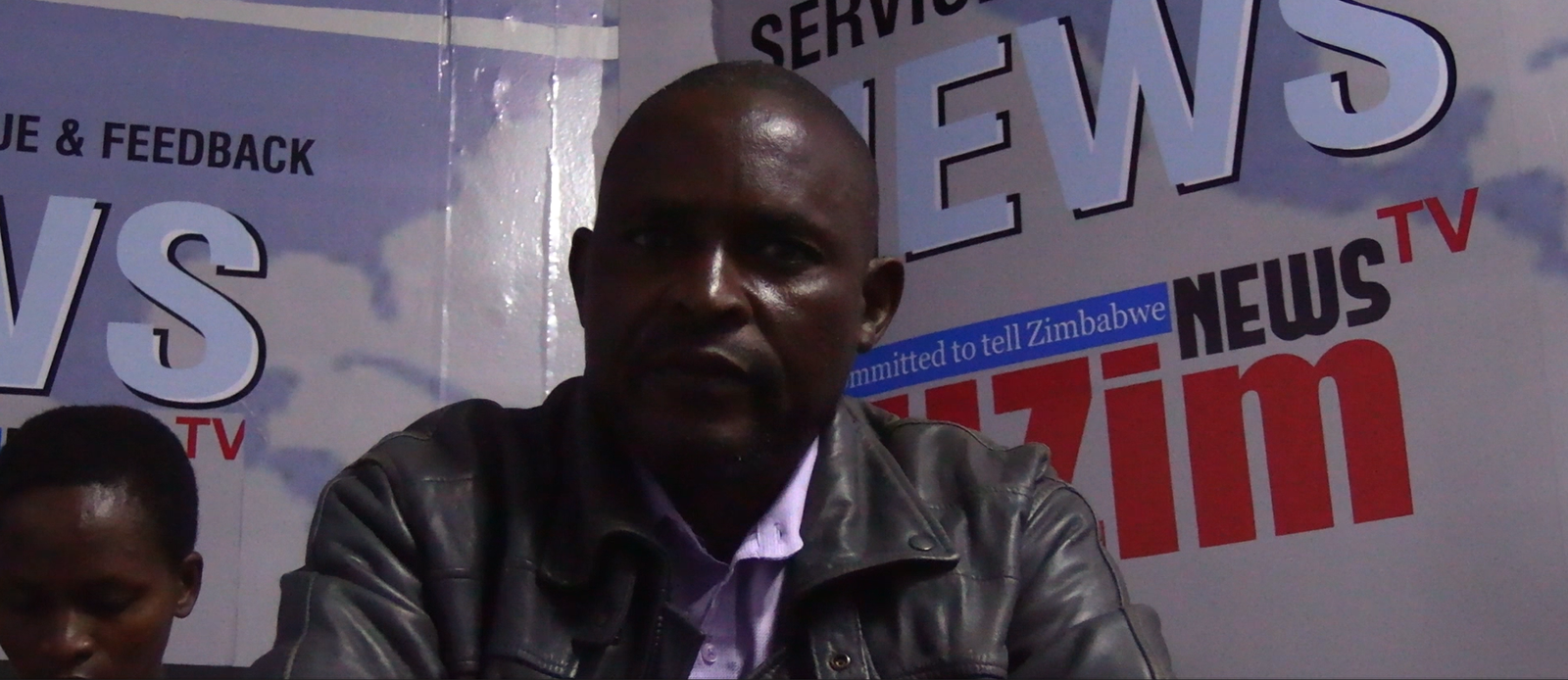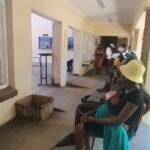By Theresa Takafuma/ Courage Dutiro
Another year, another government operation, another plague; threats of being evicted from a place they claim to be their ancestral home have once again resurfaced for Zero Farm inhabitants mainly comprised of the Mugabe clansmen , and this time, it is more serious than it has ever been, as it came along with sleeping in police cells and unending court appearances.
The Mugabe-Haruzivishe-Makusha people claim to be the custodians of the area around the Great Zimbabwe Monuments, where the country derives its name, bemoaning continuous victimization that reminisces pre-independent Zimbabwe when their forefathers were displaced by colonial masters only to be resettled in the late 1970s, so they say.
Operation Order No To Land Barons is giving over 250 settlers who have established homes in the contentious Zero Farm area sleepless nights since it was announced on January 10, 2024, and the anti-corruption court at the Masvingo Magistrates Courts has almost become their second home as they keep being told to come back on different dates, a situation that is further straining their already bad financial situation.
They agree that the land they are settled on belongs to the Reformed Church in Zimbabwe (RCZ), which they say has never had any qualms with them settling on the land due to a pact made between one of their forefathers, a chief, and the RCZ some time back in history, with the church still paying tax to council.
Government however is determined to make them vacate the area as soon as possible because they are settling on gazetted land, which they allegedly got through illegal means, but they completely disagree.
“I am a Mugabe descendent and we are the rightful owners of this land. My grandfather was buried in Great Zimbabwe, his grave is there, so if I leave, where will I go at this age? If truly the government agrees that everyone should go back to where their ancestors came from, the only option I have is to go settle in the Great Zimbabwe Monuments.
“I am in the bloodline of the Mugabe chieftaincy, so let’s say I am displaced and I go somewhere far, when my turn or any of my children’s turns come to be chief, where will I come back to settle? I should be teaching grandchildren and daughters-in-law about our culture, not being harassed like this.
“Inini handibvi mandigere nyangwe kovuya ani. Kana vachiuraya vanongouraya havo. (I am not going to leave, no matter who comes, if they want to kill me, let them do it). How they even took us (on January 19) is not right at all. We were bundled in their truck like criminals, which made me wonder if I had suddenly become a slave in my own country,” said a visibly livid 70-year-old Kenneth Makusha.
Chikutuva Village Head Henry Makusha echoed his brother’s sentiments, saying it was now difficult for the villagers to do anything, including working in their fields because their fate is unknown, with him being at the center of the fracas since he is being suspected of having illegally parceled out land.
“All along we have been working with government, conducting Field Day events, and they (government) were even telling us to encourage people we had settled to build proper permanent houses, not mud and pole structures. The truth is that I am not a foreigner in this place, this is our ancestral land, and as the fourth Village Head Makusha, those I settled in Chikutuva village are obviously my clansmen.
“How people were arrested on January 19, myself included reminded me of how my father was taken during the Smith regime for the same land issue. My brother Kenneth, together with nine other brothers stayed in jail for three years from 1977 during the liberation struggle for the same land issue, but now we are being told to leave,” Village Head Makusha said.
He also added that he is appalled by the inconsistencies exhibited by all the authorities involved, as back on June 9, 2014 he says he was ordained by a number of chiefs and those from the Lands Ministry to go allocate land to his people, but now it seems as if he did not heed properly to that directive.
“My superior, Chief Mugabe was even surprised when we were arrested and asked if I had gone out of the jurisdiction I had been given, to which I told him that I had only done what I was supposed to do without breaking any law. Even my subjects now regard me as a conman because of these inconsistencies that are clearly not my fault. How would I have broken the law willingly as a cultural custodian?” he quizzed.
Women, most of whom were married into the Mugabe clan have not been spared from the nightmare, and the experience of being bundled into a police truck with armed men will forever be etched onto their memories.
Auxillia Moyo said her husband got allocated the piece of land where they are now living in 1999 soon after she got married that same year, and being told to leave was a bitter pill to swallow—this is the only home her children know.
“I have been diagnosed with hypertension because I do not sleep at night. My children ask me questions I cannot answer because I do not even have the answers myself. Unfortunately, no one has the answers. Our frequent appearances in court do not even give us any solid answers.
“My children came back home on that fateful day and were told I, together with other villagers had been arrested, and that night we did not return home, a memory which haunts them continuously,” Moyo said.
Juliet Dzingai, whose fears lie in the welfare of her minor children said as a single parent, she does not have many options as to whom to share the burden with, and she foresees a future jeopardized by the current situation.
“I am worried about the future of my children. I have paid fees for all of them, even bought new school uniforms. One is in form four, another one in grade seven, with two others in lower primary school. Where will I go with them?” Dzingai says.
Across the province, the number of arrests has shot to 2 243, together with 597 convictions, but Zero Farm villagers are part of those waiting for their verdict while making frantic efforts to take their case to higher courts with the hope of getting justice in time before they are forced to demolish their own homes like what has happened in other places.
Much has been said about the recent crackdown on land barons by government, an act that has been described by many as holding the poor villagers at ransom while real land barons go scot-free.
The inconsistencies in the execution of the operation have been laid bare, as the ‘illegal’ settlers all have different issues depending on where they are from, but one consistent thing in the whole scenario is that they all feel they are being wronged, with their right to shelter being snatched away.
In a statement released on February 10, 2024 human rights organisation ZimRights condemned the evictions, arguing that they are arbitrary as there has been no proper prior consultation with the affected, hence detrimental to them.
“Section 28 of the Constitution obliges the state to ensure that everyone has access to adequate shelter. Section 74 further protects against arbitrary eviction of people from their homes. An eviction is arbitrary where there is no proper consultation of the affected people, where there is no free consent, where there is no alternative land for them to settle on, there has been no impact assessment and no plan or resources for compensation of the affected people,” read part of the statement.
A few weeks ago, Permanent Secretary for Masvingo Provincial Affairs and Devolution Dr Addmore Pazvakavambwa said those who felt were wrongfully arrested were being given room to explain their circumstances in court, but this is yet to yield any positive results for the Mugabe people, whose only hope now lies in finding good human rights lawyers to fight their case in a higher court.







